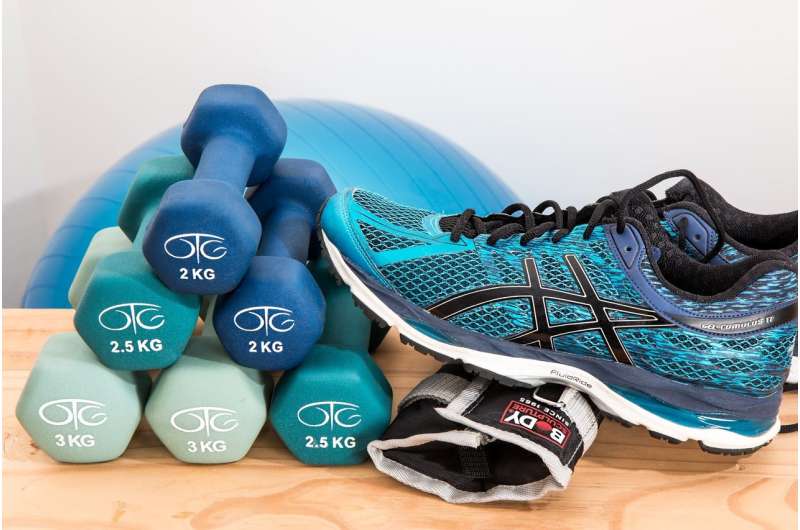Artificial Intelligence Enhances Lung Nodule Cancer Risk Prediction

A new deep learning tool improves lung nodule cancer risk assessment, reducing false positives and enhancing early detection accuracy, potentially transforming lung cancer screening practices.
Recent advances in artificial intelligence (AI) have led to the development of a deep learning tool capable of estimating the malignancy risk of lung nodules with high accuracy. This innovative model, trained on extensive data from multiple lung cancer screening trials, demonstrates significant improvements over traditional assessment methods, including the Pan-Canadian Early Detection of Lung Cancer (PanCan) model.
Lung cancer remains a leading cause of cancer-related deaths worldwide, and early detection through screening with low-dose CT scans has proven effective in reducing mortality rates. However, one of the persistent challenges in screening programs is the high rate of false-positive results, which can lead to unnecessary invasive procedures and increased patient anxiety and healthcare costs.
Pulmonary nodules—small, often benign growths within the lungs—pose a diagnostic dilemma, as distinguishing benign from malignant nodules is complex. Conventional models, such as PanCan, evaluate risk based on nodule size, type, growth, and patient factors. The new deep learning algorithm offers a fully data-driven approach that considers a broader spectrum of features, improving risk assessment accuracy.
Developed by researchers including Dr. Noa Antonissen from Radboud University Medical Center, the model was trained on over 16,000 nodules from the National Lung Screening Trial and validated across external datasets from the Danish Lung Cancer Screening Trial, the Italian Lung Detection trial, and the Dutch–Belgian NELSON trial. The pooled analysis involved over 4,000 participants with nearly 8,000 benign and malignant nodules.
Analyzing nodules between 5 to 15 mm—a size range difficult for definitive diagnosis—the AI model achieved area under the receiver operating characteristic curve (AUC) scores of up to 0.98 for cancers diagnosed within one year, surpassing traditional models in identifying high-risk cases. Notably, at a sensitivity of 100%, the AI classified 68.1% of benign nodules as low risk, reducing false positives by approximately 39.4% compared to the PanCan model.
These findings suggest that deep learning can significantly aid radiologists in deciding when further follow-up or invasive procedures are necessary, potentially making lung cancer screening more accurate and less burdensome for patients. However, further prospective validation is needed before widespread clinical adoption.
Overall, this AI breakthrough represents a promising step towards more reliable lung cancer screening, helping to identify high-risk patients earlier while minimizing unnecessary interventions.
Source: https://medicalxpress.com/news/2025-09-deep-cancer-lung-nodules.html
Stay Updated with Mia's Feed
Get the latest health & wellness insights delivered straight to your inbox.
Related Articles
US Unveils New Health Strategy Avoiding Restrictions on Junk Food and Pesticides
The US government's new health plan emphasizes nutrition and regulatory oversight but avoids restrictions on junk food and pesticides, sparking debate over industry influence and public health priorities.
Simple, Non-Drug Therapies Show Greater Effectiveness for Knee Osteoarthritis Management
A new meta-analysis reveals that simple therapies like knee braces, water therapy, and exercise outperform high-tech options for knee osteoarthritis pain relief and mobility improvement.
Oral Bacteria Could Serve as a Marker for Head and Neck Cancer Progression
Emerging research suggests that the presence of certain bacteria in the mouth, especially Fusobacterium nucleatum, may serve as a predictive marker for the progression and prognosis of head and neck cancers, opening new avenues for diagnosis and treatment.



